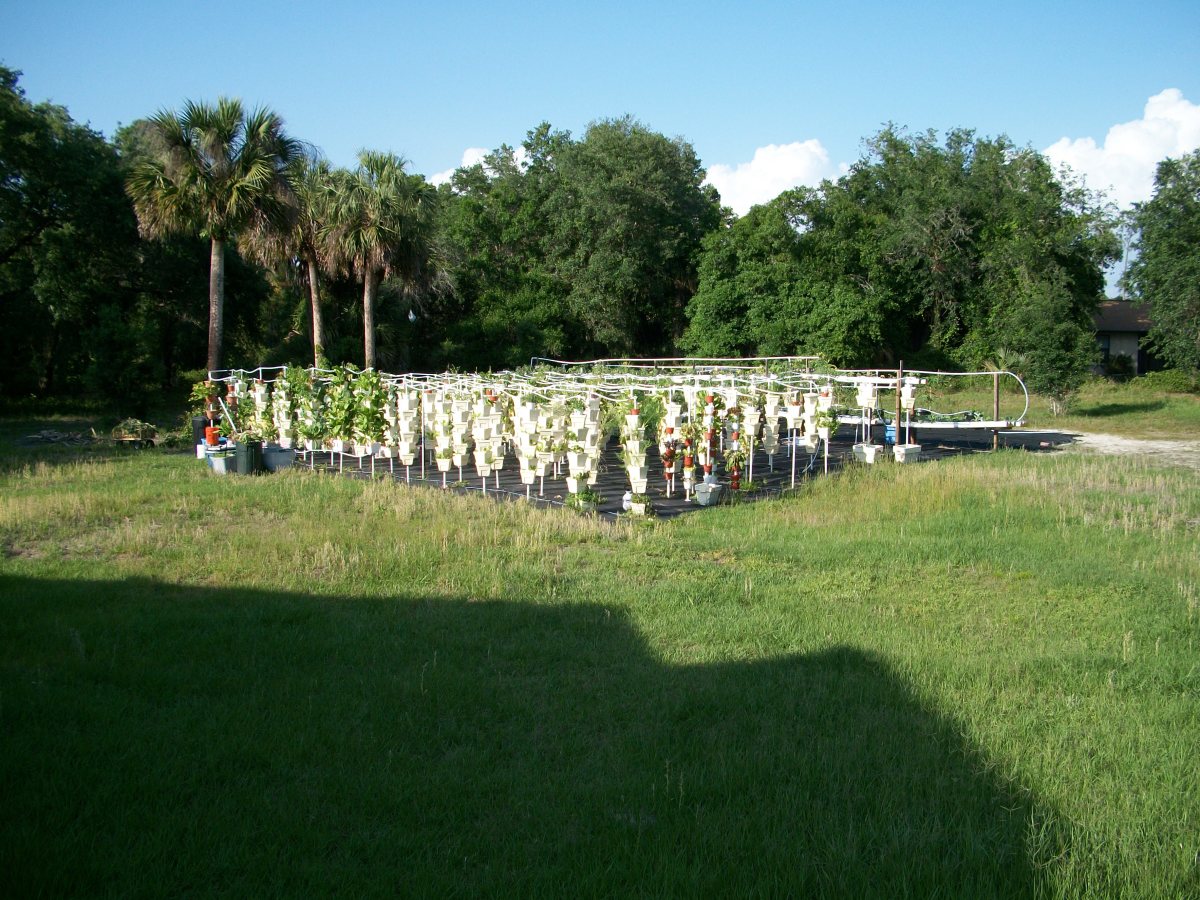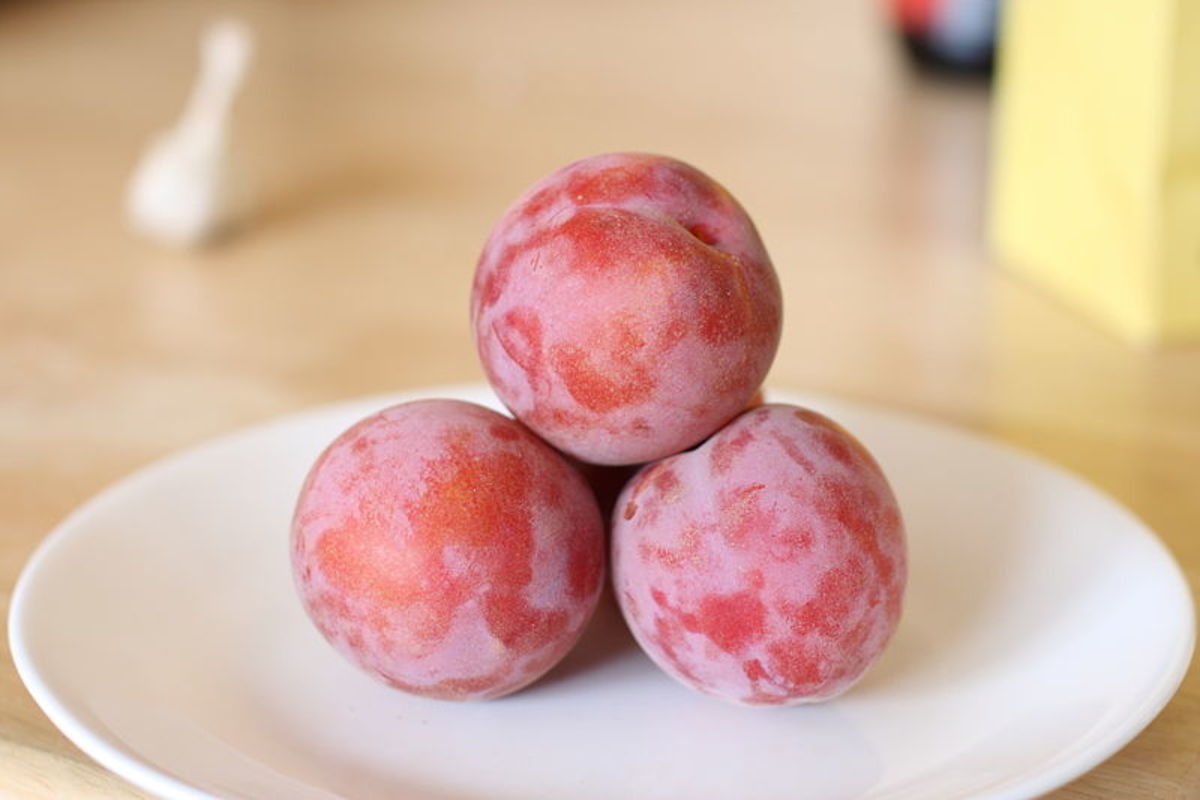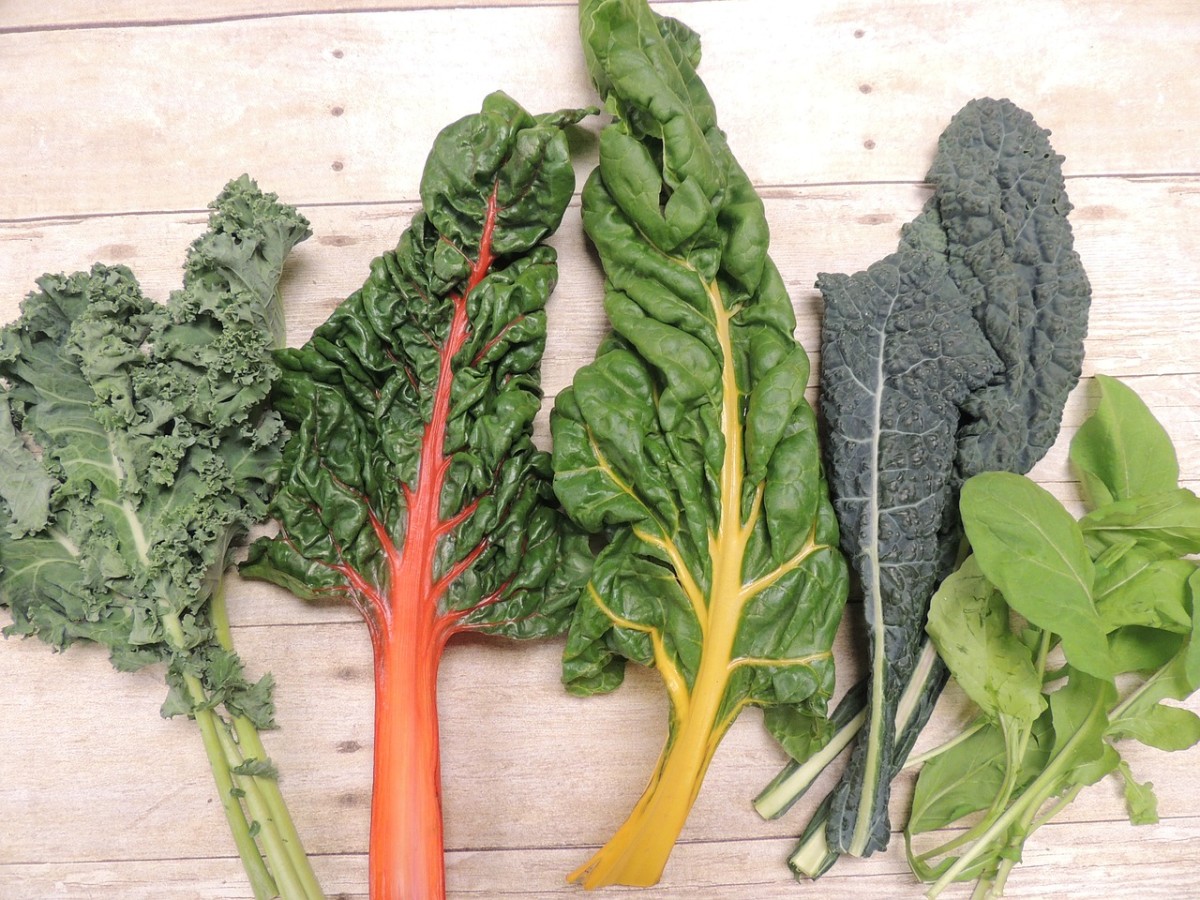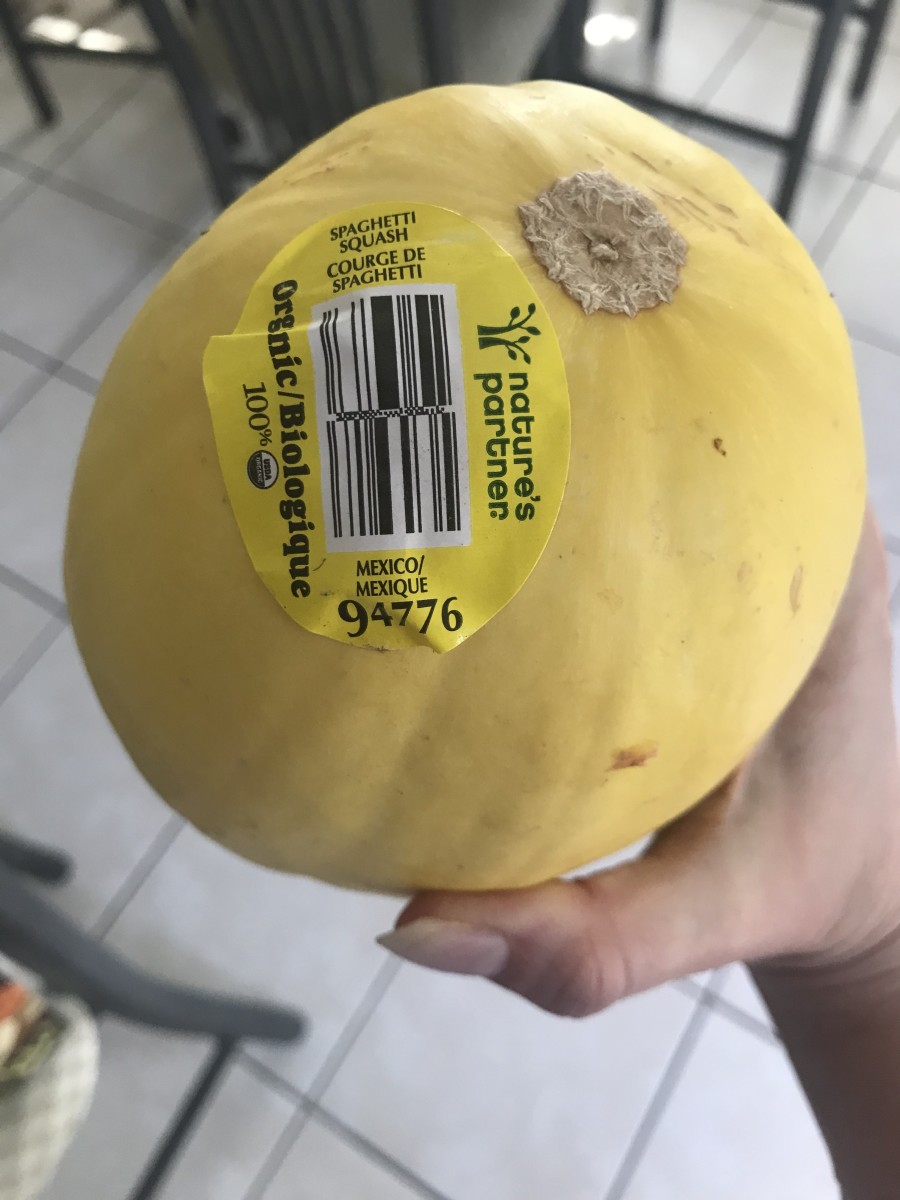How to Pick the Freshest Vegetables
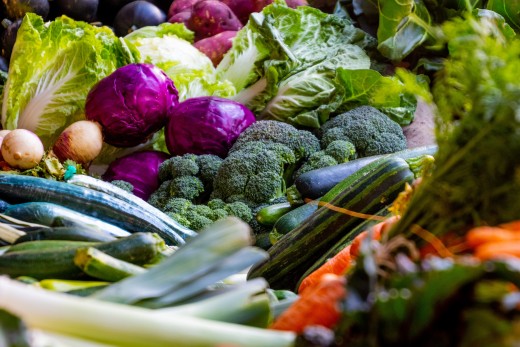
Produce Vegetables
When I go shopping for vegetables, I go right to the organic vegetable section of the produce department. I look over the product very carefully because I want my purchase to be as fresh as possible. The freshly picked produce lasts longer and stays taster in my refrigerator. It allows me to calendar my meals with the freshness of the vegetables for each meal. The tips I offer are for those who want the freshest produce available at the time of purchase.
1. Where to Buy Vegetables
2. Root Vegetables
3. Seasonal Vegetables
4. Lettuce
5. Cabbage
6. Buying Organic Vegetables
7. Beware of Produce
Where to Buy Vegetables
Choosing vegetables starts with selecting a reliable market you know and trust. They have a quality produce department available. If that means a weekly farmers' market or grocery store produce guarantees fresh, local produce, so be it. It requires demanding the best and shopping around until you find it. Even talk to the local farmer at the farmer's market or produce manager at the grocery store to find out which vegetable is local and when it was picked, packed, and shipped. Another clincher is how the vegetables come packaged to the store or market. Some use ice, and some don't use anything. Shipping with ice keeps the vegetables fresher, and it lasts longer when you bring them home. If you want quality food, you need to demand fresh produce, and you'll get what you want.
Best Tips for Picking Vegetables
Root Vegetables
Root vegetables such as beetroots, carrots, radishes, and potatoes grow in fertile soil Root vegetables such as beetroots, carrots, radishes, and potatoes grow in soil rich with green, thriving stalks soaking up the elements above the ground.
Picking out root veggies worth buying and eating at your dinner table requires a sharp eye and sense of what is good root food and not fresh. It would help if you were extremely picky. One of the best ways to describe an unhealthy root vegetable is they feel like rubber and look discolored. For example, you can touch the tips of a sweet potato. If they are soft or tender, they are not fresh. Root vegetables need to be like a rock when you touch them.
You can even have the farmer or produce clerk cut open a root vegetable. Watch and listen. If it snaps when it is opened and has solid colors, it's fresh.
When checking the freshness of carrots and radishes, you can taste test them. Do they snap with your bite into them? If they do, they are fresh. Try bending the carrot. If it's rubbery and isn't stiff, the vegetable is not just-picked.
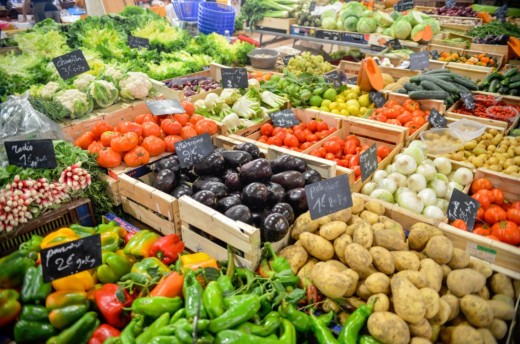
Picking out Fresh Produce
Seasonal Vegetables
The most optimum way to ensure fresh vegetables is to buy them when they are in season. The benefits of seasonal shopping are lower prices, locally grown, and crisp vegetables by far. Talk with your local farmer's market or produce clerk and find out the seasons for each one you want to buy now or in the future, so you get nothing but fresh. As an example, tomatoes grown during the winter tend to have thick skin and taste bland. It can't even splat if you hit it with a baseball bat. The red tomatoes are grown in season appear juicy, robust, and taste like a 4th of July tomato, yummy.
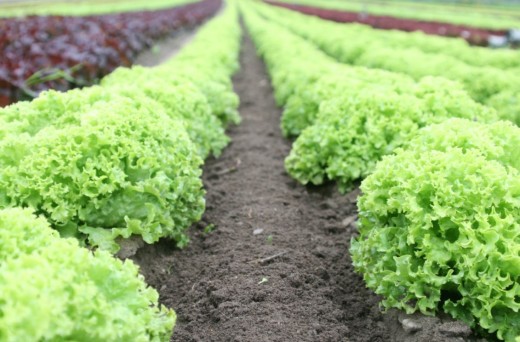
Lettuce
Green leafy vegetables make the tastiest salad or coleslaw, but it takes an intelligent eye and patience to pick the freshest bunch. Fresh lettuce is crisp to the touch. Break a leaf, and if it snaps, that's fresh and take a bite. Make sure it's crisp through and through. Some lettuces like green leaf or romaine are crispy at the heart of the bunch.
Do you notice brown spots or tears throughout the lettuce leaves? Brown spots or cracks you see mean the less fresh the lettuce. Produce departments will remove leaves with brown spots and tears. When you see a small head of green or romaine in the produce section, it means the staff removed the outer leaves because of brown spots and tears. Which means it is not fresh.
Can you freeze lettuce? No. So, avoid lettuce kept on ice. The ice freezes the lettuce leaves, causing them to turn to mush when you get them home.
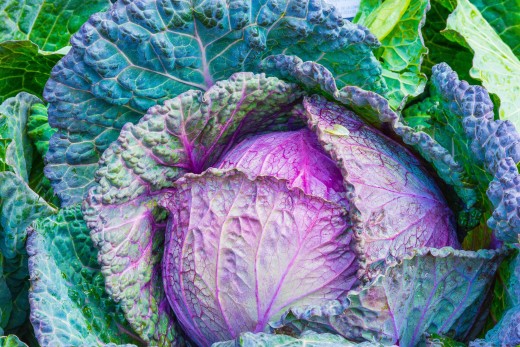
Cabbage
Fresh cabbage makes a delicious coleslaw or baked cabbage. Look at the cabbage and see if it holds the large green outer leaves. That means it is still very fresh and new to the produce section.
Produce clerks remove the large green leaves when they look brown, meaning not as fresh. The small cabbages could be old cabbages that were once large. Ask the produce clerk when was the last shipment.
Buying Organic Vegetables
On a final note, I shop with a 3-day meal plan in mind. Any longer than a 3-day meal plan, and my organic vegetables are just not as fresh as I would like them to be. Shopping every three days is cumbersome compared to shopping once a week.
But, keep in mind with the Internet available, you can have organic vegetables delivered to your home.
I buy organic vegetables near me, which saves me time. I encourage you to locate organic vegetables, and buying local produce can save time, too.
Become Aware of Produce
Now that I have given you some tips on picking out the best and freshest vegetables at the farmers market or grocery store, keep in mind to develop an awareness about produce. Learn when they are the newest, and if it looks terrible or not fresh, point it out to the produce clerk and ask why.
That way, you are bringing their awareness up and letting them know that you know when they are not supplying the best quality vegetables.
You can also point out to them when they do offer the best choices in vegetables.
© 2017 Kenna McHugh

